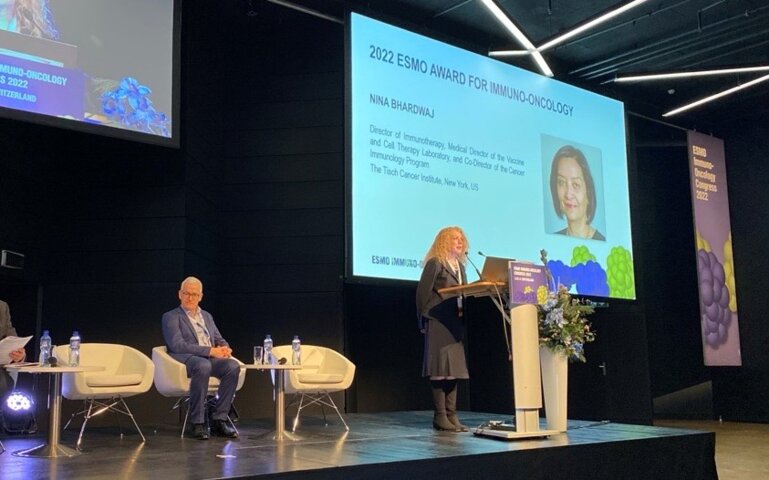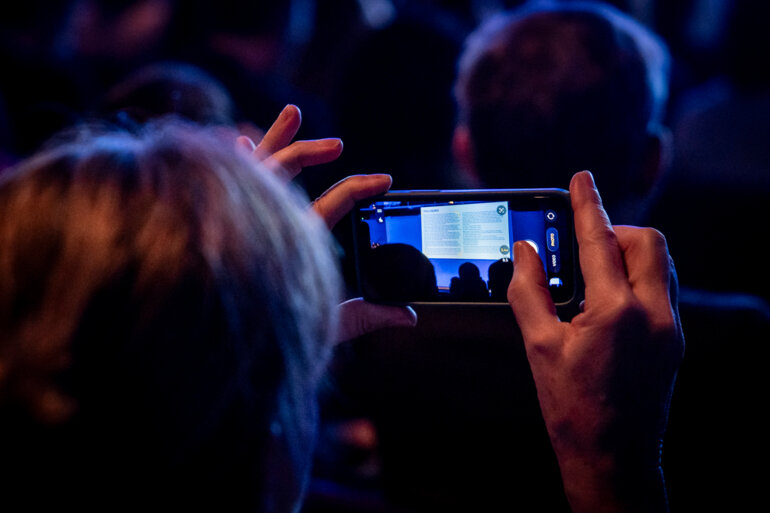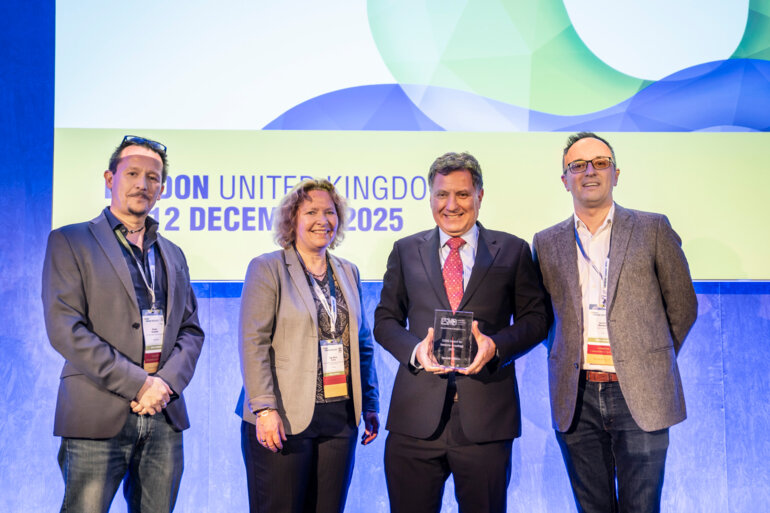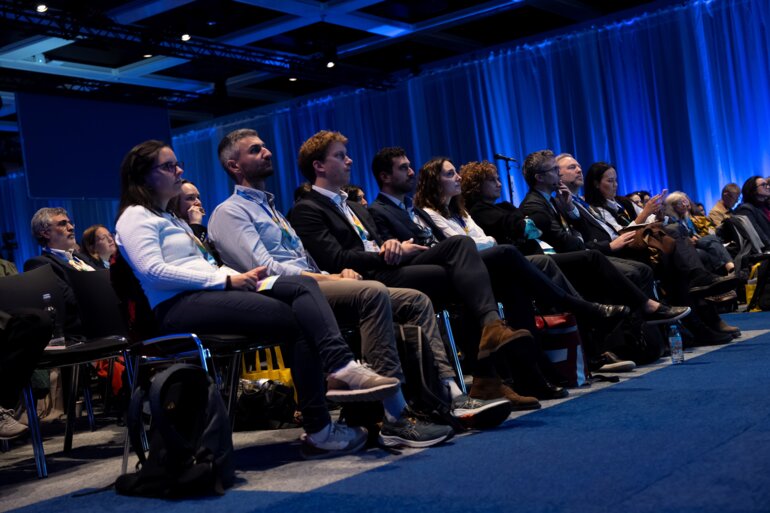According to the 2022 awardee, the future of immuno-oncology lies in the modulation of the tumour microenvironment and cancer vaccines
Thanks to her seminal contributions to human dendritic cell biology and to the use of vaccine adjuvants in the clinical setting, Prof. Nina Bhardwaj received the ESMO Immuno-Oncology Award 2022 during the Opening Session of the ESMO Immuno-Oncology Congress 2022 (Geneva, 7–9 December). Today Bhardwaj is the Director of Immunotherapy, Medical Director of the Vaccine and Cell Therapy Laboratory, and Co-Director of the Cancer Immunology Program at The Tisch Cancer Institute, and she began her career as an immunologist at a time when the field was still very much in its infancy.
What did attract you to work in immuno-oncology?
Once I had finished my medical training, I became a rheumatologist, mainly because I was fascinated by how the immune system was dysregulated in autoimmune diseases. My interest in dendritic cells really took hold when I started a post-doctoral fellowship at Rockefeller University, New York, with the man who discovered them – Ralph Steinman, who later won the Nobel Prize in Physiology or Medicine for his work. At the time I joined his laboratory, we were attempting to work out how human dendritic cells functioned as antigen-presenting cells. That was the first step on my journey to try to understand the role of innate immune cells in jump-starting the adaptive immune response to tackle foreign antigens. As the connections between the immune response and cancer became more apparent, I decided to focus my studies on immunity in cancer.
What do you consider to be your greatest achievements so far in immuno-oncology?
I feel very fortunate to have participated in the discovery of subsets of dendritic cells, to uncover their properties and to watch their ability to function as antigen-presenting cells and T-cell stimulants (J Exp Med. 1992;175:267–273; J Clin Invest. 1994;94:797–807). My team conducted the first controlled study showing that a vaccine comprising antigen-pulsed dendritic cells induced antigen-specific immune responses in healthy volunteers (J Clin Invest. 1999;104:173–180). We also helped to characterise the uptake, processing and MHC class I cross-presentation by dendritic cells of cell-associated antigens from physiologically relevant sources (Nature. 1998;392:86–89; J Exp Med. 2000;191:423–434; Blood. 2003;102:4448–4455). And we identified mechanisms in the tumour microenvironment (TME) that modulate dendritic cell function (Cancer Cell. 2011;19:333–346; Cell Rep. 2014;9:1856–1870). More recently, it has been very rewarding to have worked on the discovery of highly immunogenic, tumour-specific neoantigens that can be used in cancer vaccines (Cell. 2020;183:1634–1649.e17; Cancer Discov. 2019;9:1192–1207) and to have been involved in the design of early clinical trials in cancer investigating treatment with novel, patient-specific neoantigen-based vaccines (Cell. 2020;183:347–362.e24).
What are the most important challenges in immuno-oncology today?
Working out how vaccines can be utilised effectively as oncology therapy – particularly in the adjuvant or neoadjuvant setting to prevent progression or to induce regression, respectively – is one of the biggest challenges so far. I believe that combination therapy is going to be key to this success as we are learning that vaccines are not sufficient when used alone. However, we will need to be really clever about how we combine them with approved as well as novel strategies for patients with more advanced disease.
What opportunities do you think lie ahead for cancer immunotherapy?
We have a wonderful opportunity to investigate recently introduced novel vaccine platforms, which have the ability to include not just new classes of antigens and adjuvants but many modulators of immunity. I also think that advancing T-cell therapies in solid tumours is an exciting area. To do this, we need a better understanding of the TME so that we can identify the cells and mediators in it that, to a large extent, determine the activity of some immunotherapies. For example, there is little to be gained from enticing T cells into the tumour if the resistant TME means that they are not able to exert their effects. We are particularly interested in finding out how we can modulate myeloid cells in the TME so that they support T-cell activity and also in trying to determine the quality of T cells required for their effective functioning in the TME. Finally, we need to work out how we can harness dendritic cell subsets to improve and maintain the immune response.
Don't miss:
Bhardwaj N. ESMO Immuno-Oncology Award. Overcoming resistance to immunotherapy: Targeting innate immune cells
Opening Session 07.12.2022, h. 13:15 – 13:50, Room B. Also watch the session on the Congress virtual platform








